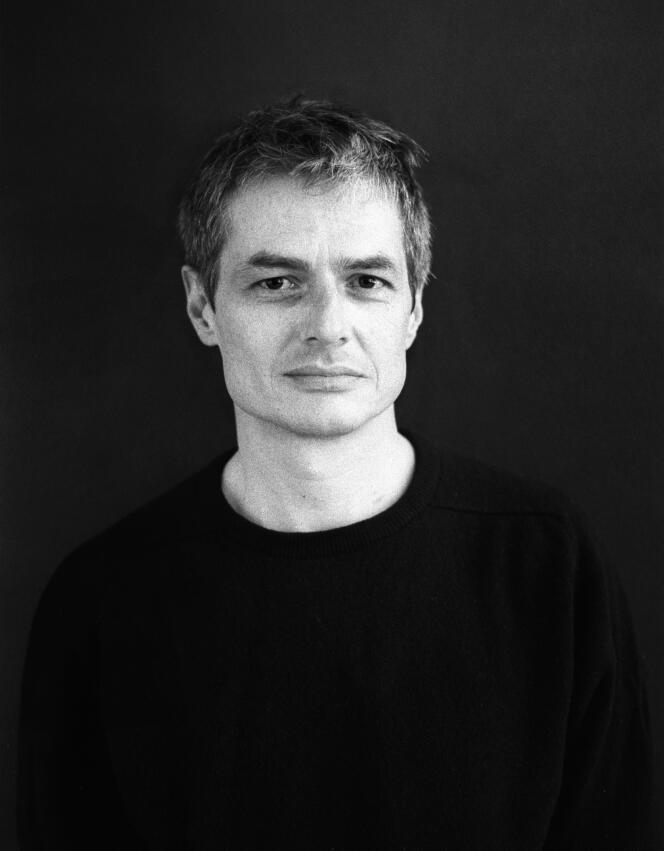


The news of Pierre Alferi's death in Paris on Wednesday August 16, at the age of 60, immediately triggered the intense, almost selfish sadness of losing a marvelous writer. He was a wonderfully idiosyncratic and surprisingly multi-faceted author, whose books, like his many other works, were a regular and somewhat mischievous addition to a body of work that was always in motion – vibrant to the extreme, at the crossroads of poetry, the novel, cinema, music, philosophy, the visual arts and even, one might say, science and technology.
Now sealed by death, this work nevertheless remains open, available for future readings, of which there will certainly be many. It is the product of a philosopher by training, himself the child of a philosopher, Alferi being the eldest son of Jacques Derrida (1930-2004) and psychoanalyst and translator Marguerite Aucouturier (1932-2020). He studied at the École Normale Supérieure on rue d'Ulm, passed the agrégation, which is the French civil service exam, and then, under the supervision of Louis Marin, defended a thesis on the medieval thinker and theologian William of Ockham (c. 1285-1349), which he would shortly publish as his first book, Guillaume d'Ockham le singulier (Minuit, 1989).
Discreet about his ancestry, adopting his maternal grandmother's name for public life, Alferi was no less loyal to a certain spirit of Derrida, to whom he pays a discreet tribute in his last published book, Divers chaos (P.O.L, 2020): "I haven't forgotten my father's postcard" (allusion to Jacques Derrida's famous book, The Post Card. From Socrates to Freud and Beyond, Aubier-Flammarion, 1980). He has the same philosophical curiosity, a manifest taste for speculative play and a rigorous attention to objects that may turn out to be unexpected, as well as a formidable flair for titles: Kub Or; Fmn; Sentimentale journée; Après vous; Kiwi (1994; 1994; 1997; 2010; 2012, all published by P.O.L), or Le Cinéma des familles, a novel that joyfully reinvents the autobiographical genre by imagining a child's filmed account, from an early age, of "Mompère" and "Mammère" (P.O.L, 1999).
Initially a poet, who published a number of collections and essays starting from the 1990s, Alferi soon showed a penchant for collaborative creation and personal friendship. He collaborated (under the name Thomas Lago) with musician and Kat Onoma singer Rodolphe Burger, who remained one of his favorite accomplices, from the creation in the early 2000s of Cinépoèmes et films parlants, until their revival on various French stages last spring. He worked with sculptor Jacques Julien, wrote an album with Jeanne Balibar (Paramour, 2003), participated in the creation of shows with choreographer Fanny de Chaillé, hosted the magazine Détail with photographer Suzanne Doppelt, and in 1995 and 1996, together with Olivier Cadiot, edited the two issues of a publication that it would be no exaggeration to describe as historic: the Revue de littérature générale, which can be read as a summary of poetic creation for the transition to the next century. He was also a translator (of John Donne, Giorgio Agamben, John Ashbery...) and a professor at the École des Beaux-Arts in Paris.
